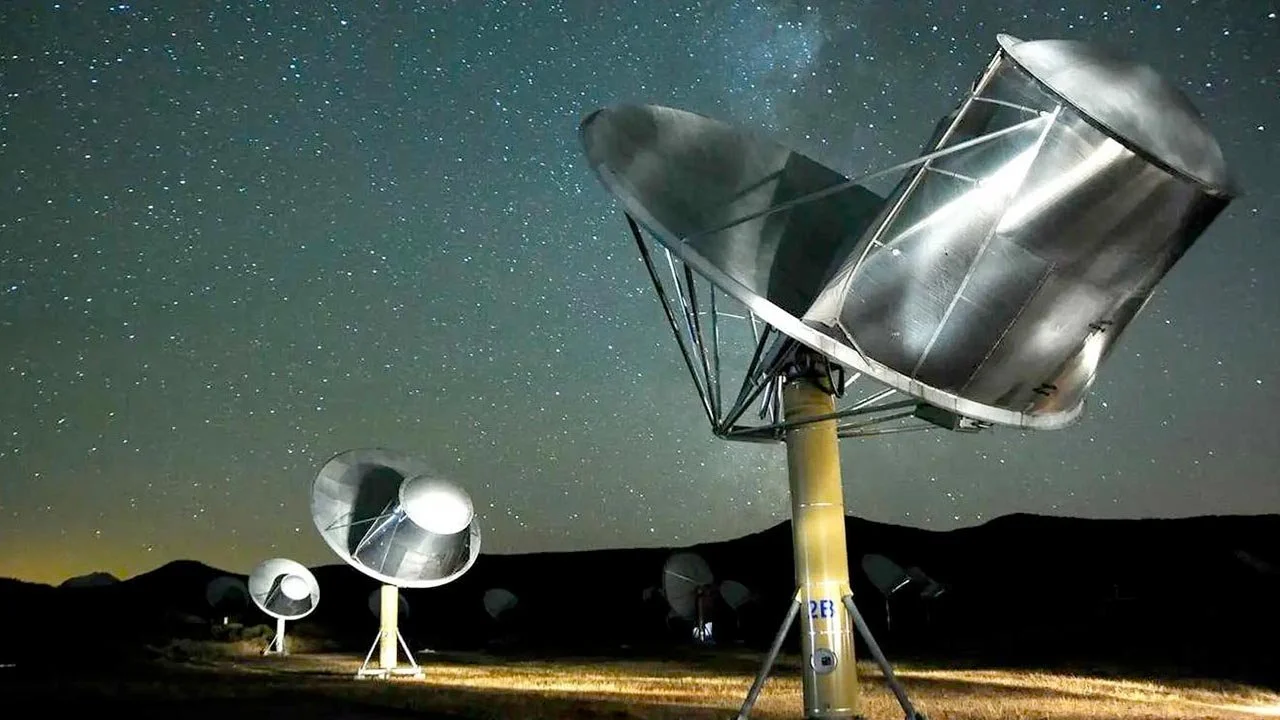Dr. Jill Tarter, Emeritus Chair for SETI Research (photo by Seth Shostak)
REGISTRATION REQUIRED FOR THIS FREE VIRTUAL EVENT:
Hamptons Observatory (HO), a 501(c)(3) NYS nonprofit that relies on public support has served the South Fork since 2005. Hamptons Observatory offers all of its programs free-of-charge so that everyone can enjoy the wonders of their Universe. Please consider making a tax-deductible donation to help support our work. Thanks!
Virtual Astronomy Lecture:
A Cosmic Perspective: Searching for Aliens. Finding Ourselves (A Free, Virtual Lecture)
SPEAKER: Dr. Jill Tarter, Emeritus Chair for SETI Research
CO-HOST: Suffolk County Community College
Registration is required: https://Tarter-Talk.eventbrite.com
Hamptons Observatory, and co-host Suffolk County Community College, are honored to present a free, virtual lecture by Dr. Jill Tarter
Are we alone? Humans have been asking this question throughout history. We want to know where we came from, how we fit into the cosmos, and where we are going. We want to know whether there is life beyond Earth and whether any of it is intelligent.
Since the middle of the twentieth century we have had new tools that permit us to embark on a scientific exploration to try to answer this old question. We no longer have to ask the priests and philosophers what we should believe about extraterrestrial life; we can explore and discover what’s actually out there. Our tools are getting ever better. We have discovered extremophiles in the most unexpected places on this planet and we have discovered that there really are more planets than stars out there. We haven’t yet found life beyond Earth. Evidence for extraterrestrial life may turn out to be ambiguous, as illustrated by the recent debate over the claim of Phosphine in the clouds of Venus, and whether this might imply biology. Evidence for technosignatures could be less ambiguous. There is a vast amount of other potentially-habitable real estate to explore beyond our solar system, and there are many plans to do just that. The 21st century will be the century in which we will find some answers.
As we look up and look out, we are forced to see ourselves from a cosmic perspective; a perspective that shows us as all the same, all Earthlings. This perspective is fundamental to finding a way to sustain life on Earth for the long future.
Dr. Jill Tarter is renown for her pioneering work as a researcher at and co-founder of the SETI Institute, where she is now Emeritus Chair for SETI Research and a Trustee. Many know her as the person who inspired the character played by Jodie Foster in the movie, Contact. Dr. Tarter has spent the majority of her professional career attempting to answer the age-old question, “Are We Alone?” by searching for evidence of technological civilizations beyond Earth. She served as Project Scientist for NASA’s SETI program, the High Resolution Microwave Survey, and has conducted numerous observational programs at radio observatories worldwide. In 2004, she was named one of the Time 100 Most Influential People in the World and, in 2012, one of the Time 25 in Space. She received a TED prize in 2009, two public service awards from NASA, and multiple awards for her contributions to science and science education. In 2021, she was elected to the American Academy of Arts & Sciences. Asteroid 74824 Tarter (1999 TJ16) was named in her honor. Since the termination of funding for NASA’s SETI program in 1993, she has served in a leadership role to design and build the Allen Telescope Array and to secure private funding to continue the exploratory science of SETI. Her biography, Making Contact, was written by Sarah Scoles and published in 2017.
While this is a free lecture, donations are appreciated to help support our programs.
REGISTRATION IS REQUIRED FOR THIS FREE, VIRTUAL EVENT: https://Tarter-Talk.eventbrite.com
Contact us for further info, questions, or to join our mailing list.

